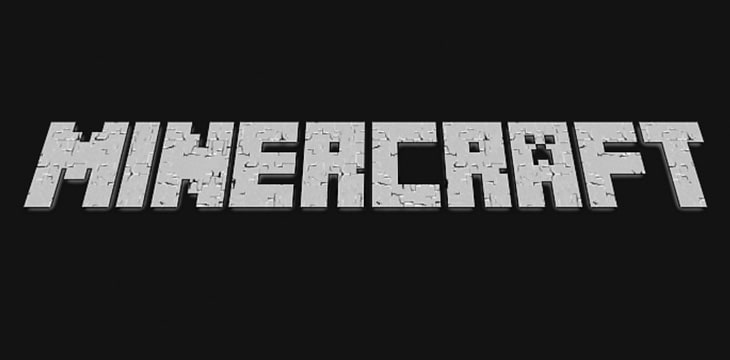|
Getting your Trinity Audio player ready...
|
Bitcoin development firm Planaria has released a set of tools called “Minercraft” to give application operators more control over the transaction processing fees they pay. It’s designed especially for data transaction users and merchants who need to optimize and plan costs as they push large volumes of transactions to the Bitcoin network.
Planaria founder unwriter said the Javascript library would let users “effortlessly interact with Bitcoin Miner APIs.” Minercraft can be installed on a software or run inside a browser, and currently supports those running the beta version of the Bitcoin Merchant API
Introducing Minercraft: an open source library for interacting with Bitcoin Miner APIs effortlessly https://t.co/7U3K0ztILW
— _unwriter (@_unwriter) April 16, 2020
Minercraft lets users first obtain fee rates from processors, calculate fees from raw transactions, query the status of individual transactions, and push a transaction directly to a processor.
Works via Bitcoin Merchant API
Transaction processors TAAL and Mempool have already set up endpoints for the Merchant API to interact directly, and unwriter said he hopes other Bitcoin processors will join in as well. Since the Merchant API (and Minercraft’s own fee logic) is still in its public beta phase, application developers will be experimenting with its operations for the time being.
Alex Agut, founder of popular wallet/payments app HandCash, was one of the first to express gratitude that such a service will become available, saying that it’s “just what we are looking for.”
This is truly awesome! Just what we were looking for!
— Alex Agut (@apagut) April 16, 2020
Unwriter wrote on Twitter that he was “excited about various potential ways this standard can expand out in the future.” An important part of the Minercraft library, he noted, is its fee calculation logic “which implements the new fee model which distinguishes between data transactions (OP-0 OP_RETURN) and standard transactions.”
Pointing out its significance to the Bitcoin network and the global economy in general, he added “Minercraft is literally a ‘money making’ game. And nothing in human history will every come close to topping it.”
Creating, and knowing more about, the Bitcoin fee market is essential for application and wallet developers like HandCash to use the Bitcoin network more efficiently. Using the Merchant API, they can get real-time information on processing fees which can change dynamically, thus guaranteeing service level from processors in advance. This also allows them to negotiate different fee structures for different use cases and set policies for such, and enables applications to send transactions directly to miners, without passing through the outer layers of the Bitcoin peer-to-peer network.
The Merchant API public beta was announced on April 3, 2020, as an initiative to further professionalize the transaction processing industry, and to grow adoption in the enterprise space. It includes other features such as Miner ID, which lets processors verifiably stamp their names on blocks (and thus transactions) they’ve processed. This assists in helping them build corporate reputations and verify both their proof-of-work and past actions—something the Bitcoin network has lacked until recently. While miners often attach their names to blocks processed as a signal, it’s been a voluntary gesture and isn’t verifiable, as processors could insert any information into that space.
Bitcoin is the world’s network, secured by incentives
Bitcoin SV (BSV) is heralding a new era for blockchain technology’s role in the international economy—one that’s based on massive data volumes which will need to be far more verifiable than they are on today’s networks. With the release of Bitcoin v1.0.1 “Genesis” in January 2020, it now has the capacity and capability to handle data from any application of any size, from simple financial transactions to smart contracts, media storage and distribution, and anything else imaginable.
It has also brought into prominence the transaction processors’ role in the network. These large-scale, professional operations will compete with each other and negotiate individual deals with data users, and take full responsibility for keeping the network running and secure. Their “skin in the game” in the form of work, risk and investment provide the economic incentives for Bitcoin to function as it needs to—essentially making Bitcoin a network for everything, on a foundation that’s both secure and stable.

 02-25-2026
02-25-2026 




